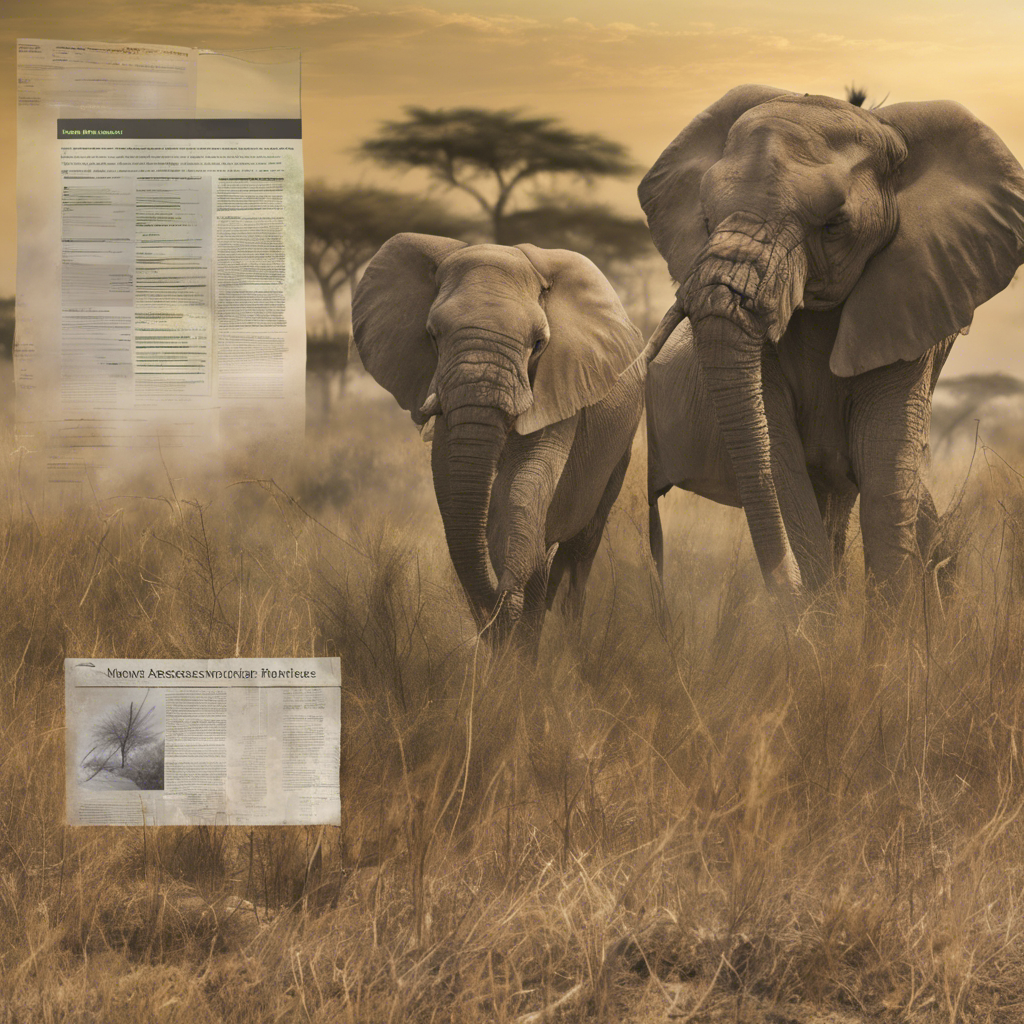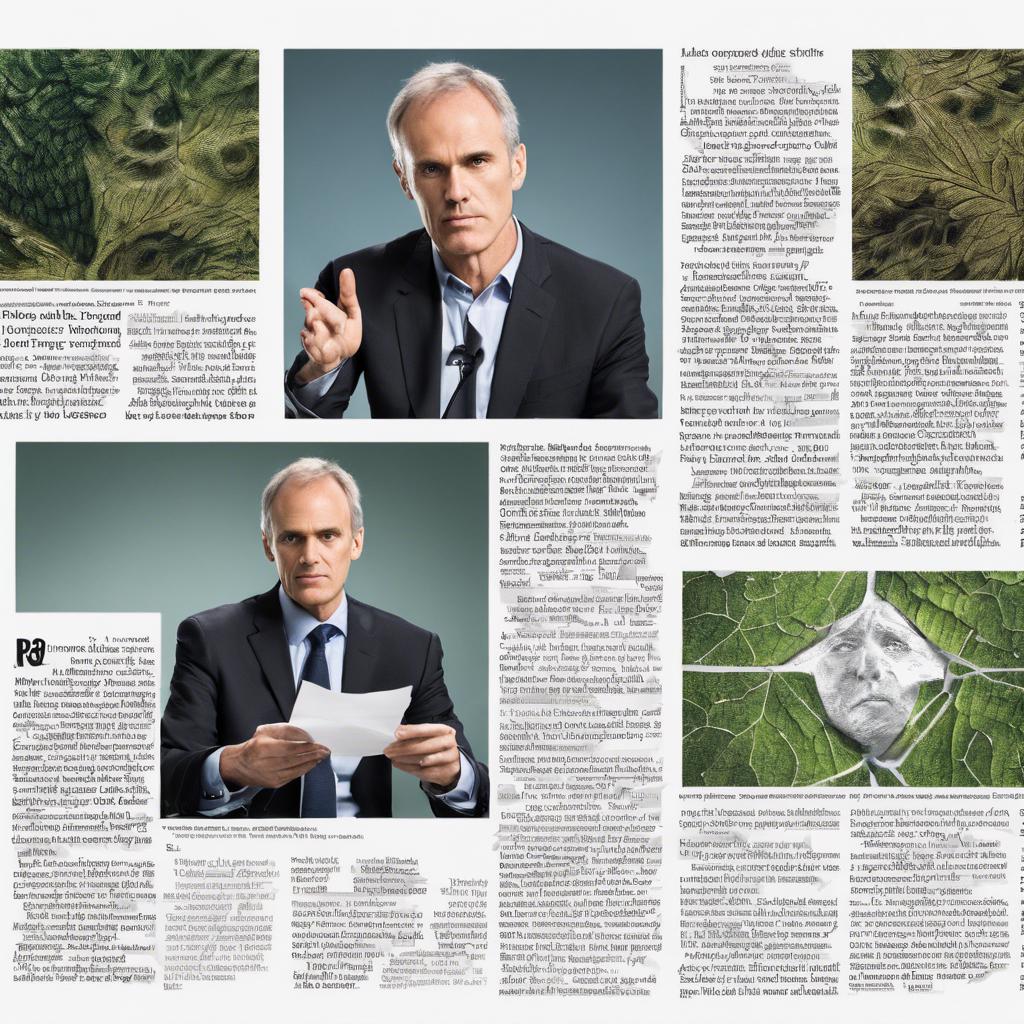The Implications for African Financial Sector and the Urgency for Sustainable Practices
A new report titled “Nature Stress Testing: Exposure to Nature-Related Risks Across Africa” highlights the significant dependence of African countries on nature services and the risks associated with this reliance. According to the report, 62% of African GDP is dependent on nature services, and 70% of communities in Sub-Saharan Africa rely on forests and woodlands for their livelihoods. This reliance poses significant challenges in the face of climate change, deforestation, and ecosystem degradation. The report’s findings also have implications for the African financial sector, urging proactive measures to address nature-related risks and foster sustainable practices.
The Growing Need for Proactive Measures
With the African financial sector gaining momentum, the report underscores the growing need for proactive measures to address nature-related risks and opportunities. The stress test conducted in five African countries (Ghana, Mauritius, Morocco, Rwanda, and Zambia) explores different nature transition pathways and their potential impact on business profits. The findings highlight the knock-on risks for the financial sector, emphasizing the urgency for proactive measures.
Assessing the Exposure of the African Banking Sector
The report specifically assesses the exposure of the African banking sector to nature-related risks. It consolidates findings from the nature stress testing exercise conducted in the aforementioned five countries. The results have significant implications for financial regulators and private financial institutions across the continent, as their financial systems and portfolios are likely exposed to similar levels of risk. If current policies and business practices persist, some countries may face substantial nature-related physical risks, particularly in sectors like agriculture.
The Global Impact of Nature Degradation
The World Economic Forum estimates that $44 trillion of global economic value creation relies on and degrades natural capital. In Africa alone, the estimated yearly loss of natural capital amounts to $195 billion. These figures highlight the urgent need to address nature-related risks and preserve the continent’s natural resources. The report serves as a wake-up call for African countries to take action and prioritize sustainable practices.
Fostering Sustainable Financial Practices
To address the risks associated with nature-related shocks, the report urges the African financial sector to foster sustainable financial practices. Currently, 16 private financial institutions across seven countries are piloting or in the process of piloting the Taskforce for Nature-related Financial Disclosures (TNFD) framework. This framework aims to enhance transparency and accountability in reporting nature-related financial risks, helping financial institutions make informed decisions and allocate resources more responsibly.
Conclusion:
The report “Nature Stress Testing: Exposure to Nature-Related Risks Across Africa” sheds light on the significant dependence of African countries on nature services and the risks posed by climate change, deforestation, and ecosystem degradation. It emphasizes the need for proactive measures in the African financial sector to address nature-related risks and foster sustainable practices. With the continent’s financial sector gaining momentum, it is crucial for regulators and institutions to prioritize the preservation of natural capital and adopt frameworks like TNFD to enhance transparency and accountability. By taking these steps, African countries can mitigate risks, protect their economies, and ensure the long-term well-being of both people and the planet.











